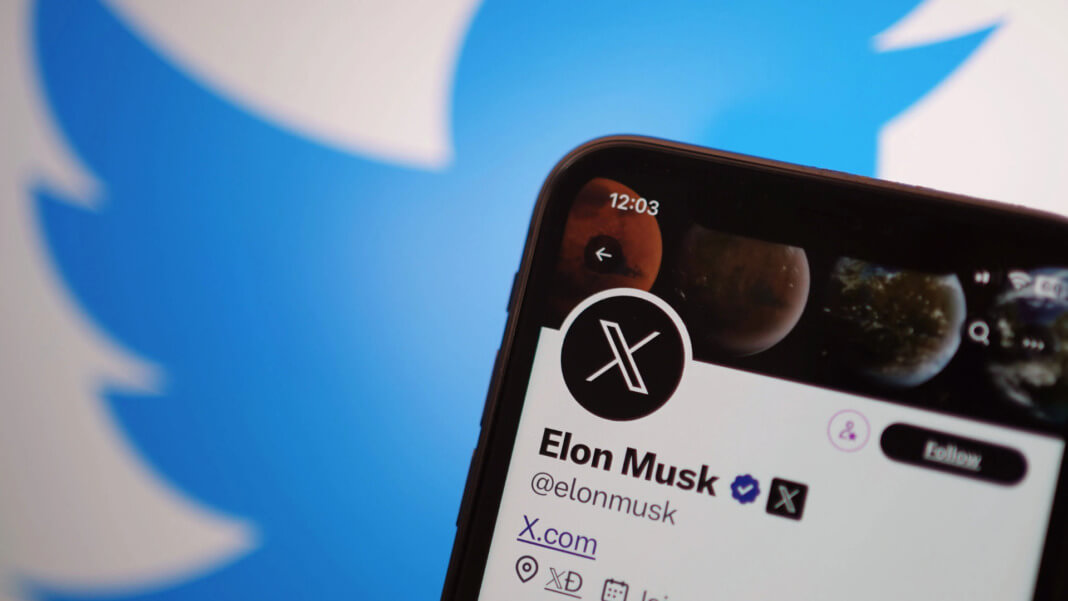In a world awash with rapid technological advancements, there’s a comforting constant that brands and marketers can cling to content marketing. This might raise eyebrows, especially when we consider augmented reality’s mesmerising realms, AI-driven campaigns’ sharp precision, or the intimate whispers of ultra-personalised marketing methods that the 2020s have unveiled. But look closer, and a discerning eye will spot that the lifeblood of any potent brand narrative is its content.
The digital landscape has undeniably transformed, becoming an elaborate dance of algorithms, interactive realities, and machine-learning marvels. Yet, at the crossroads of this intricate web, its content serves as the guiding north star. It’s not just about words or videos; it’s about the human stories, the shared emotions, and the collective experiences they relay. Content, in its essence, is the bridge between the brand and its audience, a conduit for genuine human connection in an increasingly automated world.
As we venture into 2024, one might wonder if newer strategies overshadow the age-old practice of content marketing. However, this article embarks on a journey, not just to showcase its lasting relevance but to illuminate why, in a world chasing after the next big tech trend, the soulful art of content marketing remains irrefutably indispensable.
The power of brand storytelling in a saturated marketplace
Today’s digital universe is brimming with brands clamouring for attention. From flashy banner ads to sponsored posts infiltrating our social feeds, consumers are constantly bombarded with promotional noise. Yet, amidst this cacophony, there exists an avenue that offers brands a genuine opportunity to rise above the fray: content marketing. More than just a medium, it’s a canvas where brands can paint their unique narratives, meticulously sculpting the tales of their inception, values, and ambitions.
At its core, content marketing is less about immediate sales and more about forging deep-rooted connections. Brands that masterfully interlace their values, mission, and vision into their content aren’t merely participating in transactional exchanges; they craft lasting relationships, turning casual observers into brand advocates. It’s akin to welcoming someone into your home, sharing stories around a warm fireplace, and fostering bonds that transcend mere commercial interactions.

Yet, one might wonder: just how potent is this tool? In a 2022 global survey of marketers, 80% believed their content marketing strategy was highly successful. Meanwhile, 73% considered their approach successful, but 52% deemed it unsuccessful. The reason? Authenticity. In a world where consumers are becoming increasingly discerning, the desire for genuine connections and transparent brand narratives has never been more pronounced. Through well-curated content, businesses don’t just communicate; they resonate, echoing shared values and aspirations that linger in the minds of their audience.
In the vast sea of market saturation, where brands often drift aimlessly, lost amidst indistinguishable competitors, content marketing emerges as the beacon. It guides businesses to safe shores, where they don’t just survive but thrive by telling their unique, compelling story.
The content compass in an age of misinformation
As 2024 unfolds, the digital terrain appears more like a treacherous minefield than a playground. Gone are the days when information was accepted at face value. In today’s era, every tidbit of news, every shared story, and every tweeted fact is viewed through scepticism. With the proliferation of misinformation and data manipulation, the digital realm has become a breeding ground for uncertainty and doubt. What becomes the North Star guiding the weary traveller in such a challenging scenario?
Enter content: the torchbearer of trust in this new age. It’s not just any content but content that’s meticulously researched, expertly curated, and profoundly insightful. Articles that delve deep into their subjects, blogs that offer more than surface-level perspectives, and stories that emanate authenticity are the gold standards of reliable information. In a world overrun with falsehoods, they serve as the oases of truth, quenching the thirst of those seeking genuine knowledge.
Brands that recognise this profound responsibility and strive to offer such content consistently transform. They metamorphose from mere commercial entities into thought leaders, pioneers that lead the charge against the tidal waves of misinformation. Their commitment to accuracy and truth doesn’t just earn them fleeting visits from consumers; it bestows them a more invaluable asset: trust. This trust is not lightly given, especially in an era of scepticism. Yet, once earned, it solidifies a bond between the brand and its consumers.
This newfound relationship is more than just transactional. It’s symbiotic. As brands become beacons of trust, consumers, in turn, become their staunch advocates, looking up to these entities for more than just products or services. They seek guidance, insights, and sometimes solutions to their most pressing challenges. In the shadowy corridors of the digital maze that is 2024, content emerges as the guiding light, dispelling the gloom of misinformation and illuminating the path to truth.
Adaptability to changing platforms and trends
The digital realm’s ever-shifting sands have birthed numerous platforms and trends, each demanding its unique approach to content. Yet, amidst these rapid transformations, content marketing has displayed an extraordinary ability to adapt, a trait likened to a chameleon changing its hues to suit its environment. From lengthy blogs and detailed articles to snappy TikTok videos and immersive VR narratives, content marketing effortlessly transitions, ensuring the brand’s voice remains consistent and coherent.

Platforms like TikTok have heralded an era of micro-content, where swift and succinct storytelling is king. The challenge? Captivating audiences in mere seconds. Yet, while these quick bursts of content play a crucial role in immediate engagement, the digital landscape’s backbone remains long-form content, especially when considering SEO and visibility in this saturated market.
Despite the razzmatazz of AI-driven strategies and the allure of augmented reality, the mighty search engine maintains its throne. Long-form content, deeply interwoven with potent SEO strategies, acts as a beacon in this vast digital expanse, ensuring brands stay aware of the cacophony. This is where the balance between adaptability and depth becomes paramount. As consumers traverse the web seeking answers, well-optimised content stands as a guiding light, attracting them towards specific brands.
Furthermore, voice and semantic search advancements only bolster the need for substantive, solution-oriented content. It’s no longer enough to sprinkle keywords throughout an article; the content must anticipate questions, address concerns, and provide solutions. The content should evolve from information dissemination to active problem-solving as the digital arena becomes more interactive and dynamic.
Thus, while platforms like TikTok and VR offer exciting new canvases for content to paint its tales, the tried and true methods of detailed, SEO-rich content remain as vital as ever. Brands must strike a harmonious balance, ensuring they captivate audiences immediately while establishing themselves as an industry thought leaders with depth and insight. In this delicate equilibrium lies the future of successful content marketing.
The unwavering pillar in the digital whirlwind
The digital realm, shaped and reshaped by relentless technological advancements, presents a dizzying array of marketing tactics and strategies. Amid these evolving trends, many fleeting and transformative content marketing stands out as a stable foundation.
Its strength lies in its authenticity. As we tread into 2024, where digital misinformation threatens to overshadow genuine voices, content marketing emerges as a benchmark for credibility. Brands committed to genuine content find themselves as sellers and trusted advisors in their domain.
Furthermore, content marketing’s adaptability is unmatched. Content morphs effortlessly to fit its platform, whether a succinct social media post or an in-depth article. With emerging digital spaces and technologies, this flexibility ensures that a brand’s core message remains intact and relevant.
In essence, while the digital landscape will always be marked by change, the significance of content marketing is unwavering. As brands navigate this ever-shifting terrain, those anchored in authentic content marketing are poised to remain resonant and influential.





